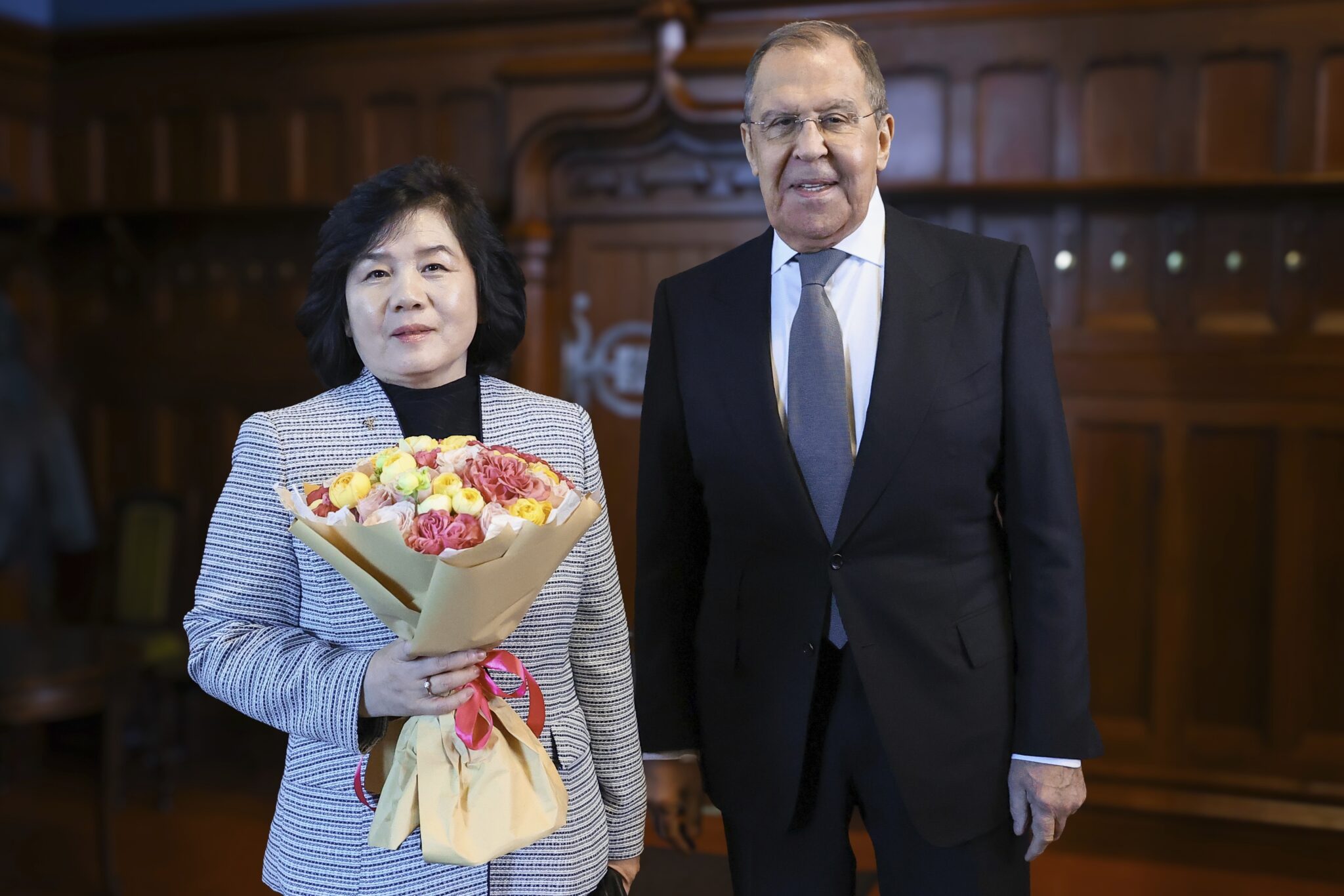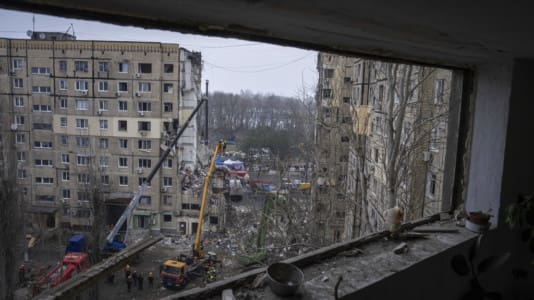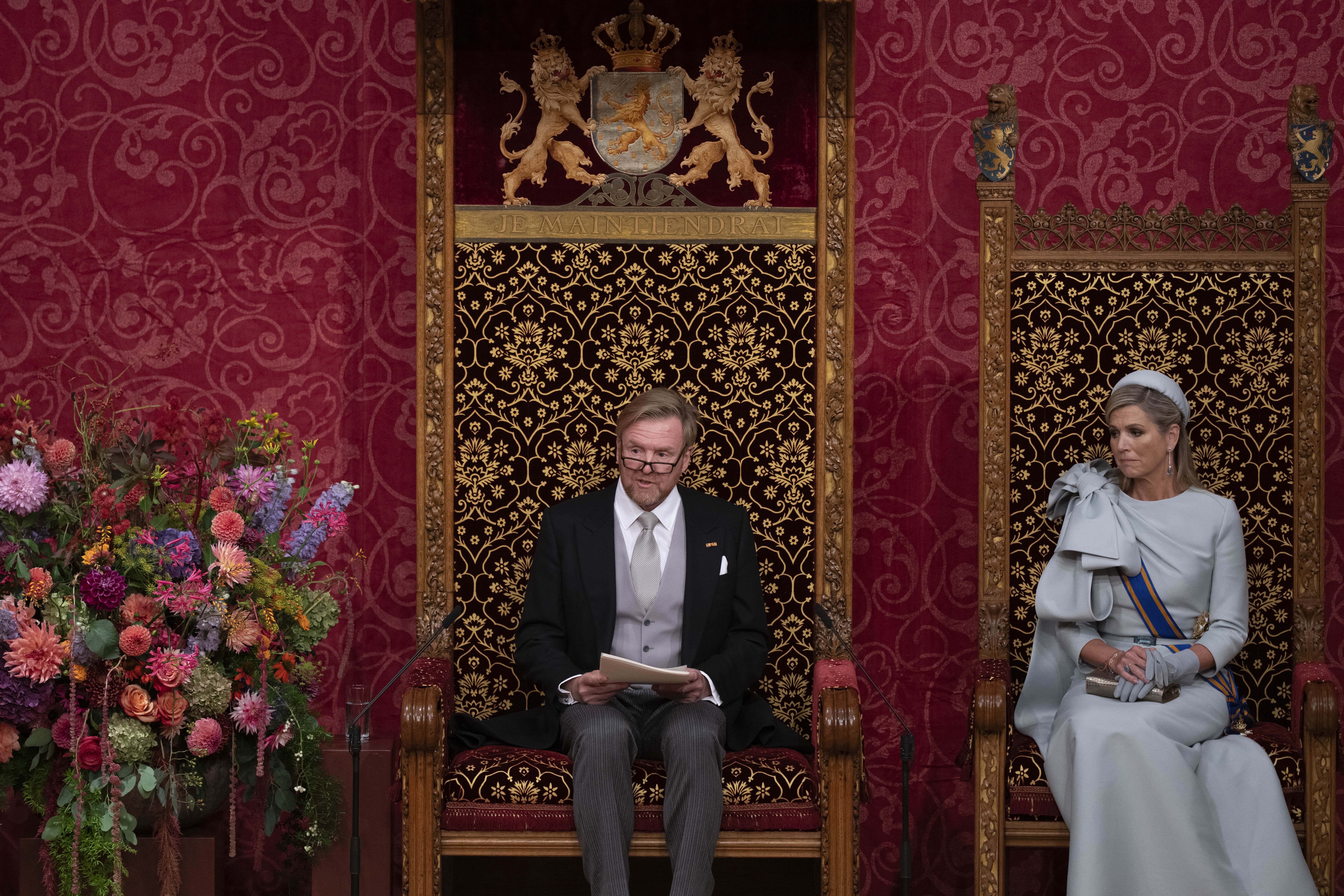Russian Foreign Minister Sergey Lavrov discussed the development of bilateral relations with his North Korean counterpart Choe Son-hui, according to a Russian Foreign Ministry announcement today.
The ministers met in Moscow to exchange views on how the two countries can further their relations along the lines of a comprehensive strategic partnership.
The North Korean foreign minister came to Russia to participate in the first BRICS Women’s Forum in St. Petersburg, as part of the IV Eurasian Women’s Forum (EWF), entitled this year “Women for Strengthening Trust and Global Cooperation.” Russia is the current chair of BRICS.
Kremlin spokesman Dmitry Peskov said that Russian President Vladimir Putin does not plan to meet with the diplomat this week, although he did so in January.
Meanwhile, North Korean leader Kim Jong Un has been touring Russia with Sergei Shoigu, the secretary of the Russian Security Council. The trip has raised concerns about increased cooperation between the two countries, with reports that Moscow may help North Korea with manufacturing satellites and missiles. Of most concern for Western and neighboring Asian countries is the potential for North Korea to obtain nuclear submarine technology from Russia.
North Korea delivered shells to Russia at a critical point in the war, but it remains unclear exactly what North Korea received in turn. Analysts suspect that North Korea supplied millions of 152mm shells, 122mm rockets, and KN-23 ballistic missiles to Russian forces.
North Korea has been clear that it wants to develop nuclear submarine technology, which would enable its subs to travel for long periods with a low chance of detection. Russia is recognized as having a world-class fleet of nuclear submarines. North Korea, while possessing a large fleet of submarines, operates only conventional submarines, which all must resurface at some point, making it possible for rivals to easily track their whereabouts.






